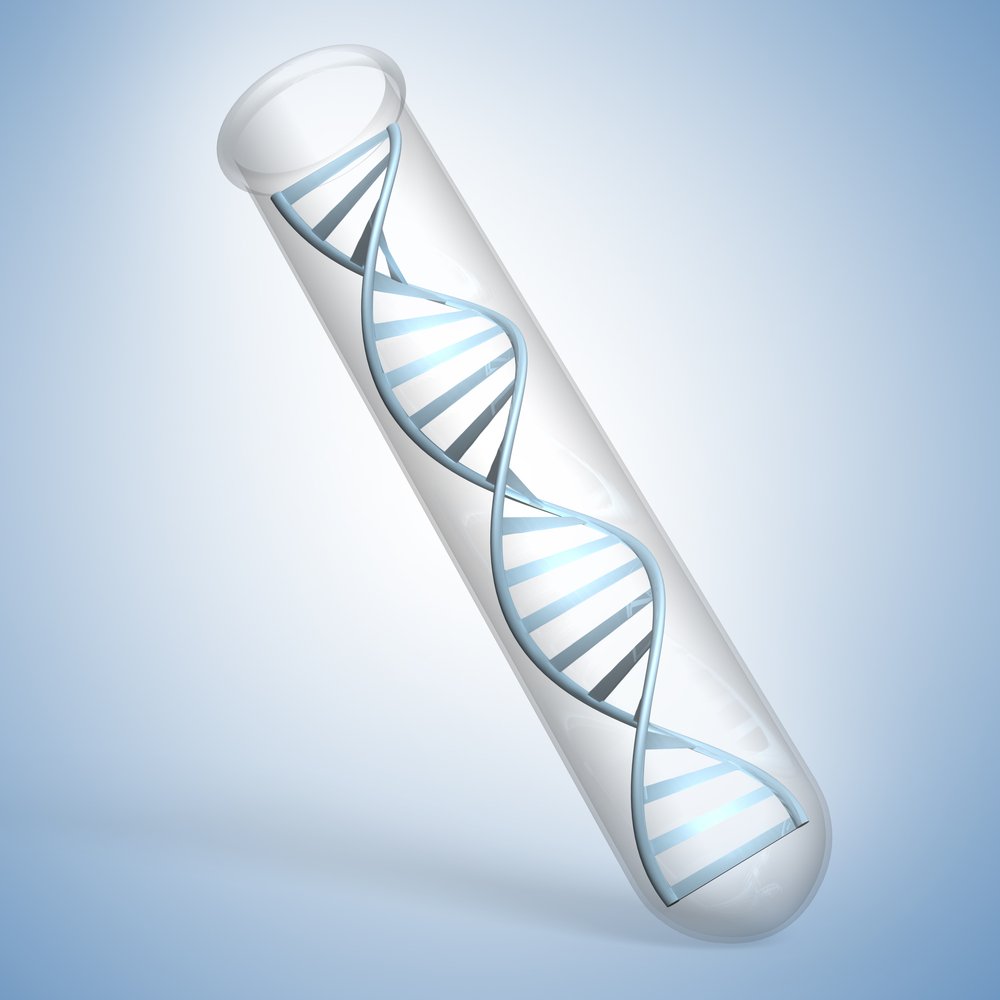PTC to Acquire Agilis and Its Gene Therapy Program for Angelman Syndrome

PTC Therapeutics will acquire Agilis Biotherapeutics and its gene therapy program for Angelman syndrome. The transaction is expected to be completed in a few months.
Agilis is a biopharma focused on developing gene therapies for rare central nervous system (CNS) diseases, such as Angelman syndrome and Friedreich’s ataxia.
PTC is a global pharmaceutical company focused on the advancement, development, and commercialization of medicines for patients with rare disorders.
Through the acquisition of Agilis, PTC will have four gene therapy programs that target rare diseases.
Agilis’ lead drug candidate is AGIL-AADC, which was developed to treat aromatic L-amino acid decarboxylase (AADC) deficiency, a rare disease caused by mutations in the dopa decarboxylase (DDC) gene.
PTC will also gain access to Agilis’ AGIL-FA, a preclinical therapy being developed to treat Friedreich’s ataxia, a disorder caused by mutations in the frataxin (FXN) gene, as well as to AGIL-AS, a preclinical drug for the treatment of Angelman syndrome.
AGIL-AS is a gene therapy that aims to replace the mutated human UBE3A gene in patients with Angelman syndrome. PTC expects to advance the drug candidate into clinical trials in the next two years.
“The addition of the gene therapy platform transforms PTC and aligns with our vision of being a leader in the treatment of rare disorders,” Stuart W. Peltz, PhD, the CEO of PTC Therapeutics, said in a press release.
“We are impressed with the clinical results shown by the AADC program and are excited with the potential to quickly bring this therapy to patients. We look forward to advancing the Friedreich ataxia and Angelman syndrome programs into the clinic in the next two years,” Peltz added.
Last year, Agilis presented results from its Angelman syndrome program at the annual meeting of the European Society of Gene and Cell Therapy (ESGCT).
Data from animal studies showed the gene therapy was successfully delivered to the central nervous system of mice. It was associated with an improvement in certain functional abilities, and promoted learning and the formation of new memories in mice.
“I am proud of the accomplishments achieved by Agilis culminating with this value-creating transaction,” said Mark Pykett, PhD, president and CEO of Agilis Biotherapeutics.
“PTC provides a global infrastructure and proven capabilities, which we believe will enable our goal of providing therapy to patients suffering from rare CNS disorders. I look forward to joining PTC and supporting the advancement of the programs to provide value to patients.”
As part of the transaction, PTC will pay Agilis shareholders $200 million up front, which includes $50 million in cash and approximately $150 million in PTC stock.
Additionally, Agilis will be eligible to receive up to $745 million in development, success-based, and commercial milestones, as well as potential royalties of 2-6 percent for Agilis’ programs in both Friedreich’s ataxia and Angelman syndrome.






